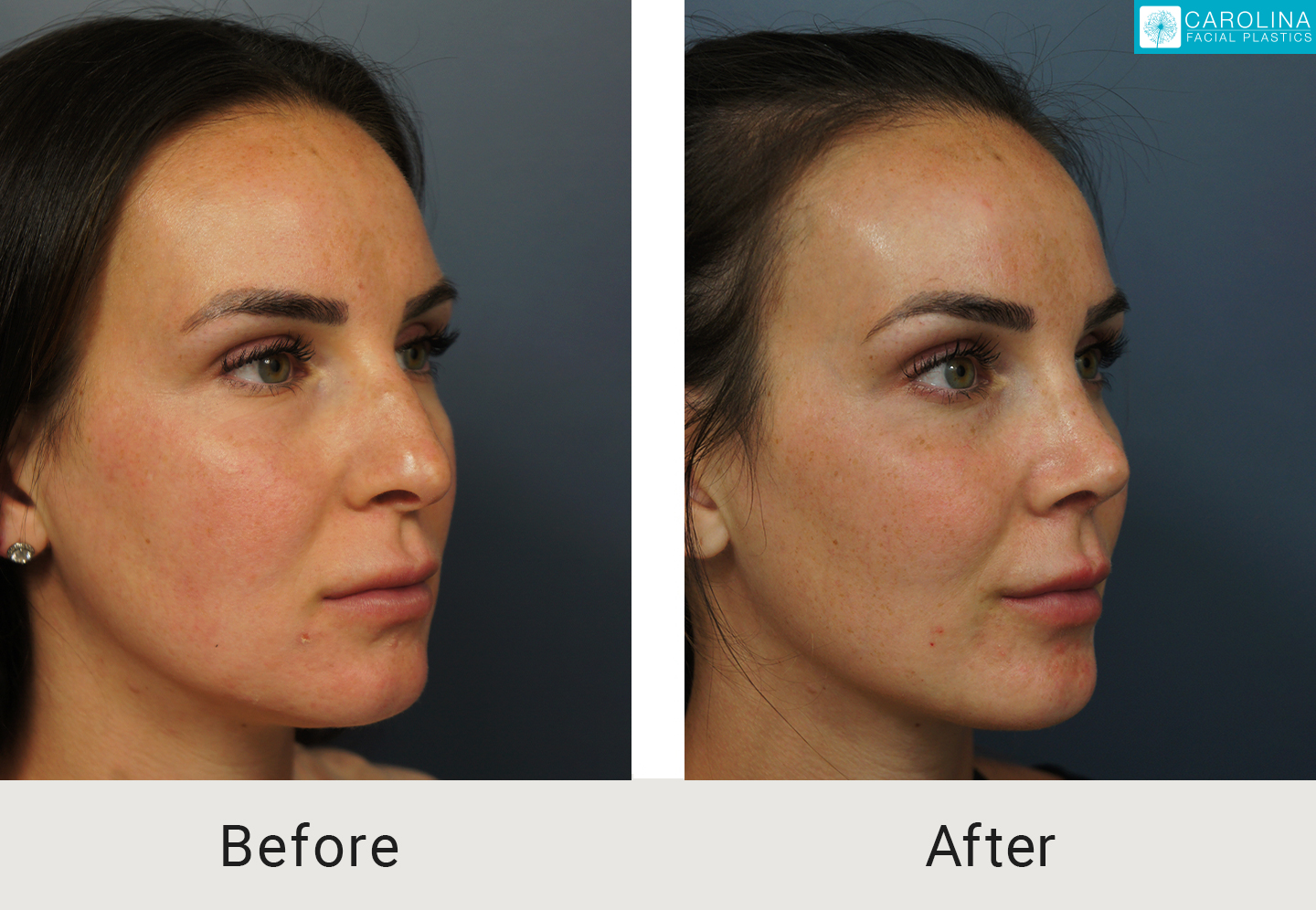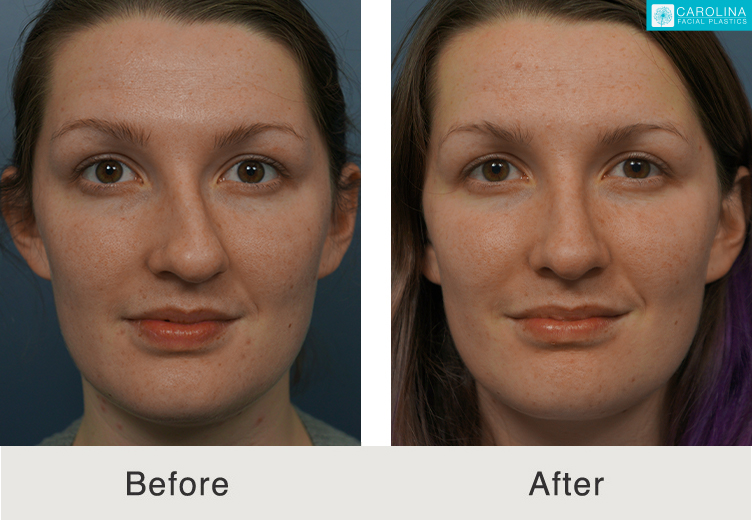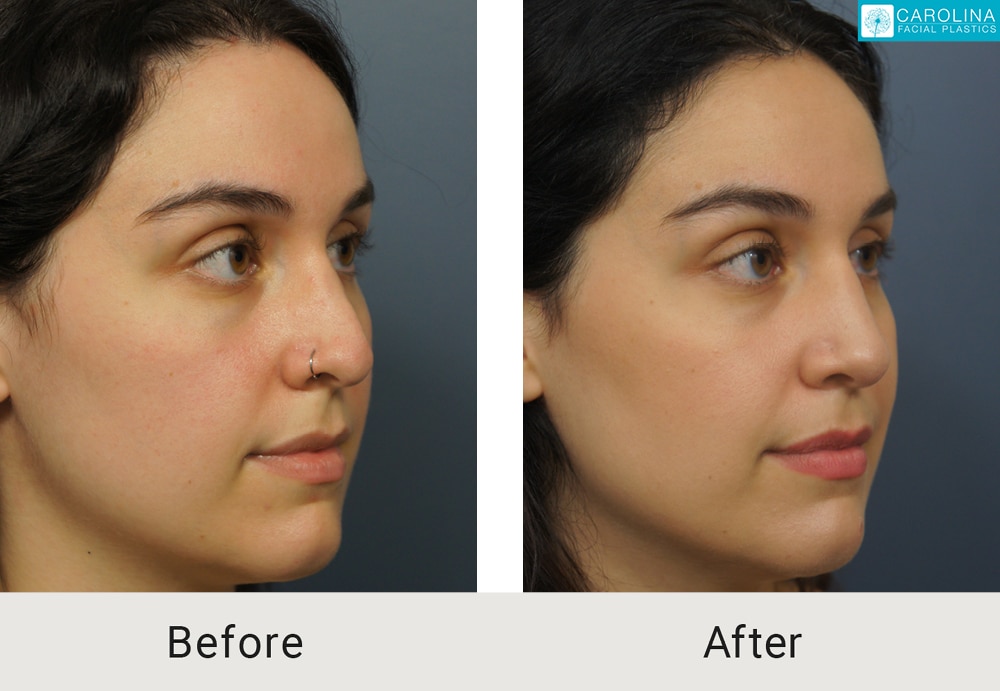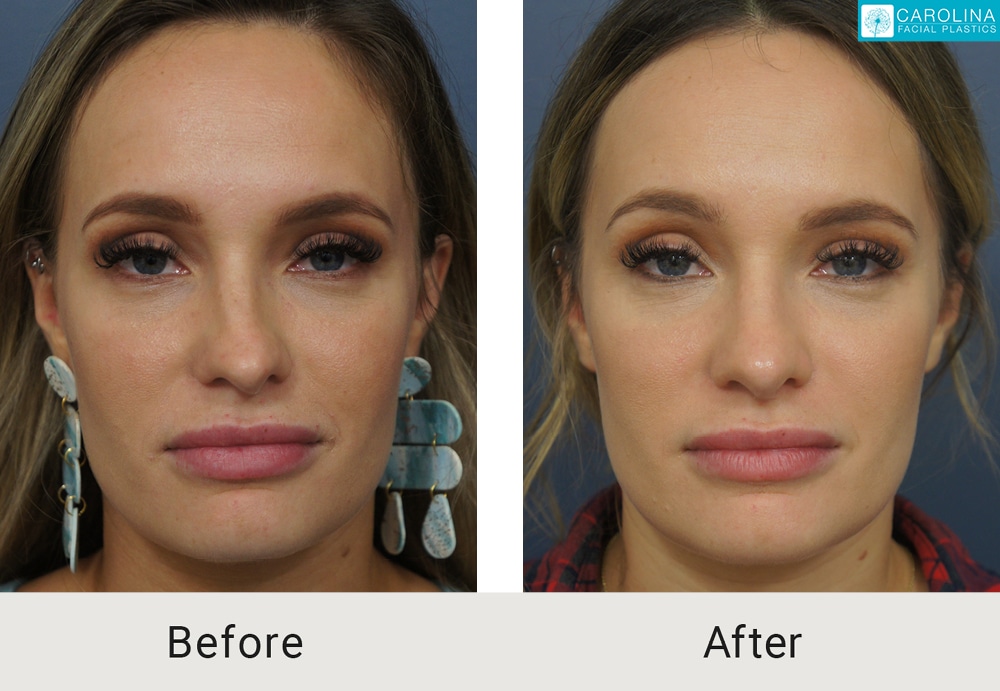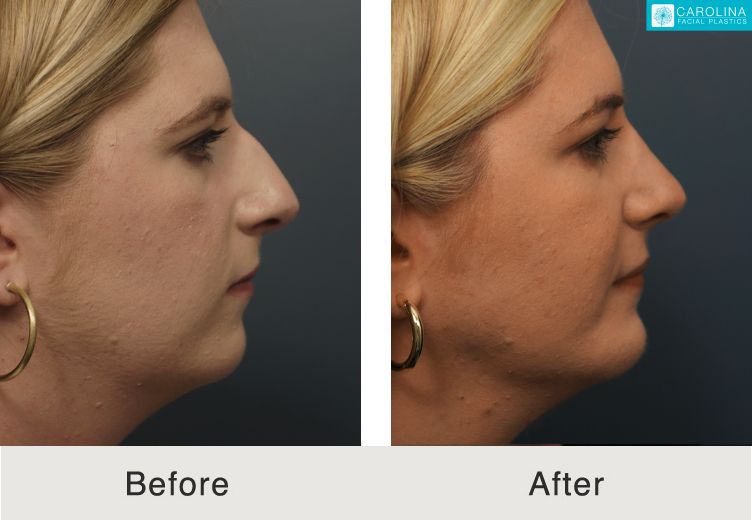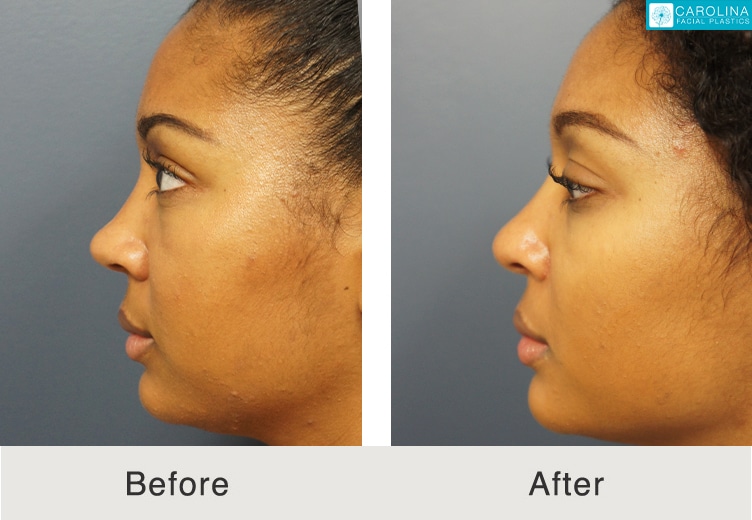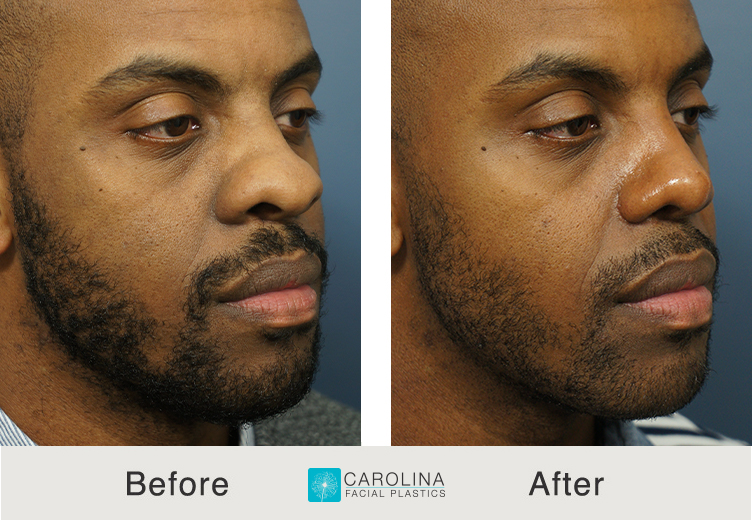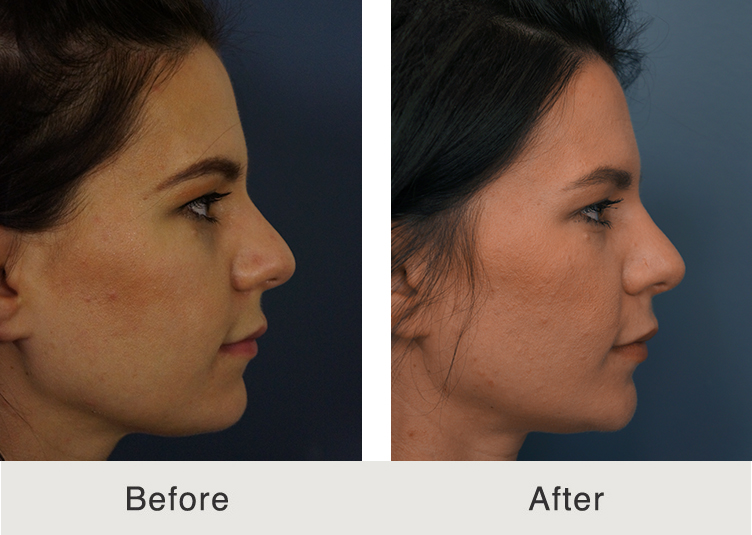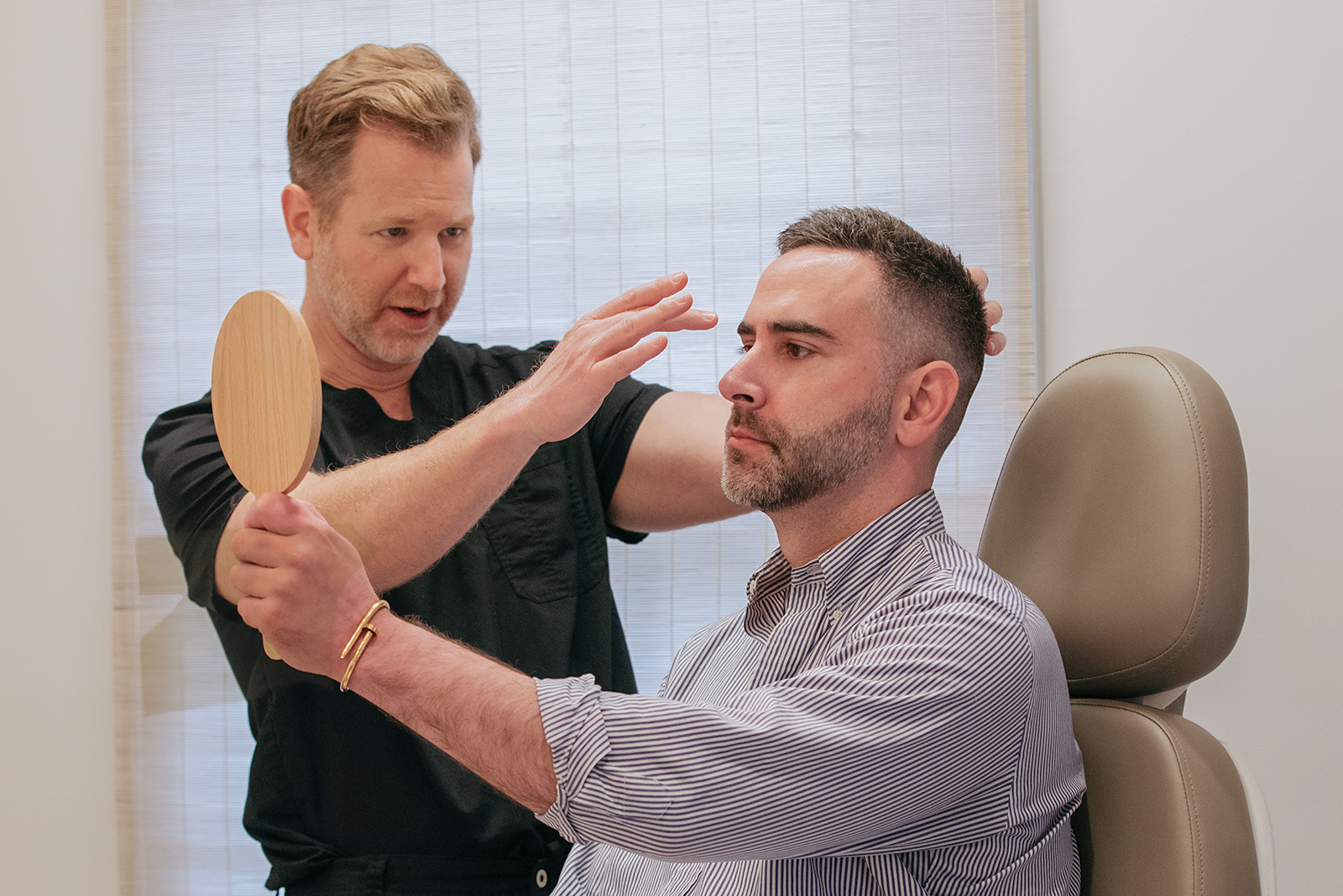Customization is the secret sauce that gives you a new look without looking like you had work done. With a variety of techniques and a vast knowledge of nasal anatomy and artistry, rhinoplasty specialist Jonathan Kulbersh, MD, tailors rhinoplasty to the precise needs and goals of each patient. Multiple options are available to you, including:
Rhinoplasty
- Get the nose you've always dreamed about. Expert care from a double board-certified facial plastic surgeon with 15+ years of experience and more than 2,000 successful surgeries.
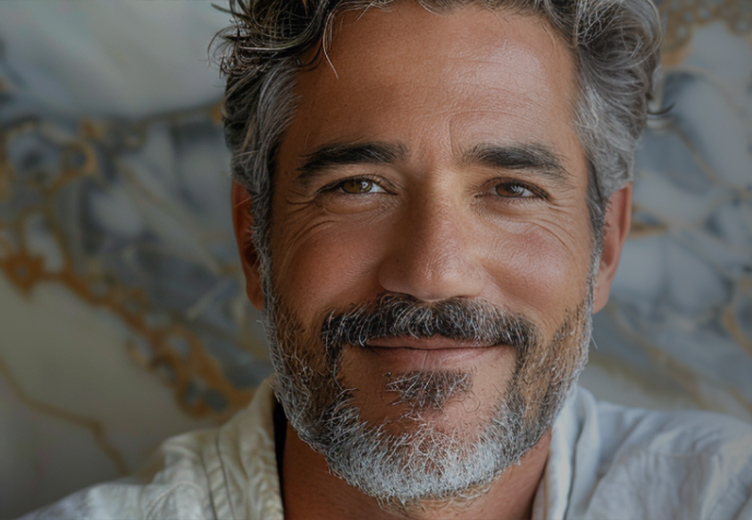
Remarkable Care, Exceptional Results
Choose the Best Rhinoplasty Surgeon for Your Nose Job
See why Dr. Kulbersh is the right choice:- Double board-certified in facial plastic surgery
- Studied under Dr. Paul Nassif of TV’s “Botched”
- 15+ years of experience
- 2,000+ procedures performed
- BOB Award for Charlotte’s Best Facial Plastic Surgeon (2019-2023)
- Top Doctor in Plastic Surgery by Charlotte Magazine (2019-2023)
- American Association for Accreditation of Ambulatory Surgery Facilities Member (ASF)

Your Rhinoplasty Experience at Carolina Facial Plastics
“Dr. Kulbersh did such an amazing job on my rhinoplasty. He accomplished everything that I wanted and more. It was such a speedy and easy recovery and his nurses and support staff were extremely helpful. Thank you Dr. Kulbersh for your amazing talent. You are the best!”
Frequently asked questions
What are the possible complications of rhinoplasty?
Complications are possible with any surgical procedure, but Dr. Kulbersh takes a variety of precautions to minimize risk before, during, and after your rhinoplasty:
- Skin pigment changes
- Narrowing of the nostrils
- Shape irregularities or asymmetries
- Impaired nasal airway
- Prolonged nasal drainage
- Perforation of the septum
- Drooping or elevated nasal tip
How much does rhinoplasty cost in Charlotte, NC?
The cost of a nose job can vary widely based on its complexity. Typically, the cost to get surgery from the best rhinoplasty surgeons in Charlotte ranges from $7,000 to $25,000, with most patients falling somewhere in the middle.
How can I prepare for a nose job?
The rhinoplasty process actually starts weeks before surgery. You will be advised to stop taking certain medications and supplements that may increase bruising after the surgery. You will also receive instructions and a list of supplies to gather before surgery to prevent trips out during the recovery process. Our office is available to answer any questions or concerns as your surgery draws closer.
How long will my rhinoplasty last?
Rhinoplasty results usually last a lifetime.
Are there any age restrictions for undergoing rhinoplasty?
There are no age restrictions for rhinoplasty, but Dr. Kulbersh believes the earliest appropriate age is around 15-16 years old. The nose has typically stopped growing, and many teens are emotionally mature enough by this point to make an informed decision about cosmetic surgery.
Watch this video to hear his full answer.
Does insurance ever cover rhinoplasty in Charlotte?
Cosmetic rhinoplasty surgery is not typically covered by insurance, but surgery for a functional issue (such as a deviated septum or nasal obstruction) may be covered. Contact your health insurance provider to learn more about whether your policy may cover your procedure.
How long will I need to plan on staying for my rhinoplasty if I’m traveling from out of town?
Patients that fly in for their surgery should plan to spend at least one week in Charlotte so our team can monitor your initial recovery process. Our concierge services will help you with booking and transportation to make your visit as smooth and stress-free as possible. We also offer the option of staying your first night after surgery in our Fairview Recovery Retreat, where you will receive round-the-clock medical care in a luxurious resort-style setting.
What happens if I have problems after my surgery?
Your relationship with our office continues long after your surgery. We are available to answer questions or schedule follow-up visits to address any concerns or complications you might encounter.
What happens if I have problems after my rhinoplasty if I live in another state?
We advise out-of-town patients to remain in Charlotte for at least one week after their nose job since potential problems are most likely to arise during this timeframe. If you encounter an issue once you are back home, our staff is available via phone to answer questions and provide direction for you.

How Can We Help You?





